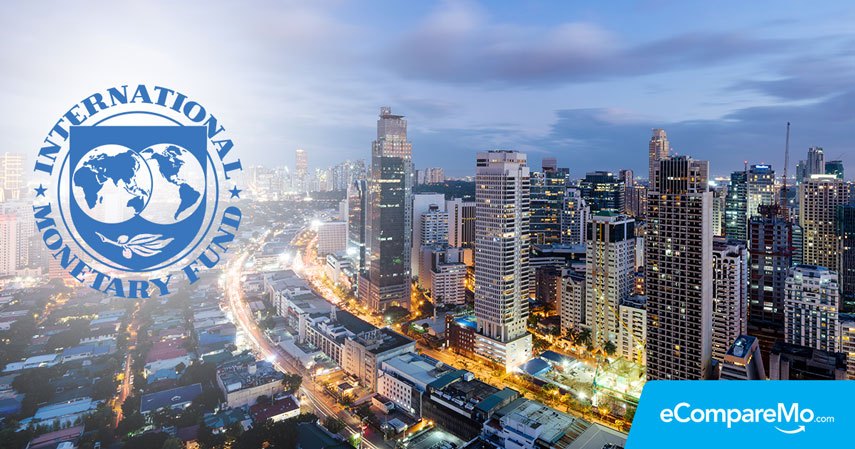How The Philippines Became The Fastest-Growing Economy In Asia
3 min readA few days ago, the country was met with good news when the International Monetary Fund (IMF) announced it was set to raise its forecast for Philippine economic growth.
According to the international financial institution, the economy is likely to be upgraded in terms of growth since the actual growth rate for third quarter exceeded the forecast by the IMF.
Shanaka Jayanath Peirism, IMF country economist, said that the 7.1-percent growth, as opposed to the 6.4-percent projection, will make the multinational lender revisit their outlook on our economy.
“Therefore, we will mostly likely be revising up our growth forecast for 2016 in the next round of world economic outlook revisions, while the adjustments for 2017 and medium term will also depend on global developments and financial conditions that have become more uncertain lately,†Peiris told the media.

The IMF representative furthered that despite external headwinds, recovery of the agricultural sector as well as strong private consumption and gross investments led to the favorable raise.
Just last September, the IMF hiked the growth forecast from six percent to 6.4 percent after seeing stronger market performance for the remainder of the year. With the additional 0.7 in our growth rate, the Philippines now poses as the fastest-growing economy in the region, with other countries like China (6.7 percent), Vietnam (6.4 percent), Indonesia (5.0 percent), and Malaysia (4.3 percent) trailing behind.
How it works
When a country joins the IMF, they open their economic books to the institution and the latter will put the country’s figures under a scrutinizing microscope.
Aside from the numbers, the IMF will also look at the country’s financial sector issues, economic risks and vulnerabilities, and institutional and structural issues.
Once the IMF has gathered enough data to make projections, the country and the group’s executive board will now make a consultation with the government officials, which is more commonly known as the Article IV Consultations.
Usually happening every year, the Article IV Consultations will relay to the government their findings and recommendations through a series of contacts. The board of directors will then give the government an external outlook of the economic health, foresee potential risks, and make sound recommendations on what to policies will further spur growth in the country.
Some of the notes from the executive board assessment are the following:
- Despite posting new numbers, there has been no significant improvement in terms of poverty reduction, inequality and employment, with the new administration having the perfect opportunity to make these changes.
- Policies to improve spending on infrastructure, human capital, social efforts as well as enhancing competitiveness and inviting more foreign direct investment are much needed to sustain growth.
- While the government needs to collect more revenue, the IMF encourages the new administration to support the comprehensive tax reform program being pushed through for a more equitable to the public.
- The country needs serious medium-term public infrastructure plans, with emphasis on prioritization of certain projects that will greatly benefit the public.
Why is this important?
According to Tessa Van der Willigen, Senior Adviser for the IMF Policy Development and Review Department, country consultations done by the agency do not just benefit one country.
In fact, the said policies are in accordance with international standards that will create a harmonious economic relationship among trading countries and prevent each member from enacting laws that will create an imbalance.
In addition, their foresight in the current economic situation will allow them to suggest preventative policies that will forestall potential economic disasters that will not just cause one country’s financial downfall but also pull down the its trading partners.
With the financial think-tank having better outlook on the Philippine economy, the only way for the country to harmoniously grow with our neighbors is to make sure that we are enacting the right policies that will not only foster unprecedented growth but start an inclusive and equitable one.
